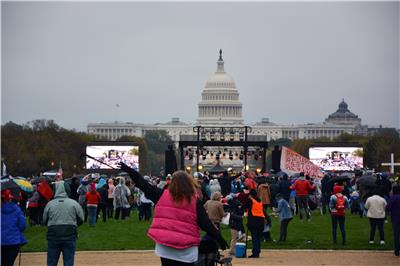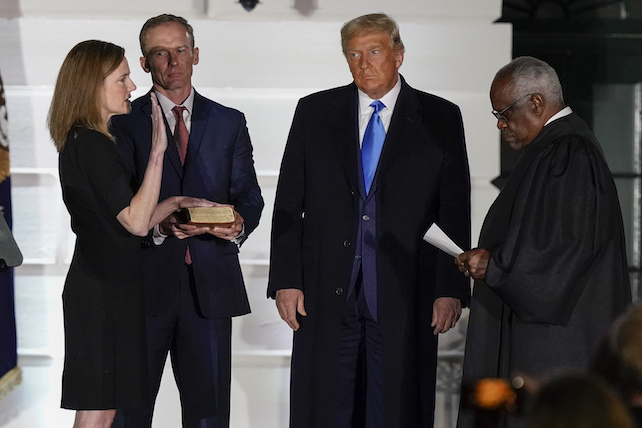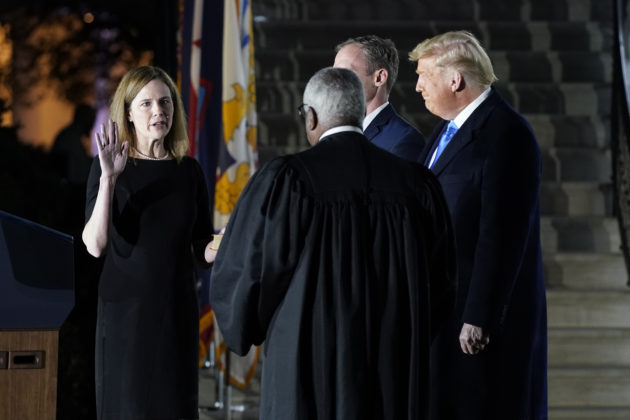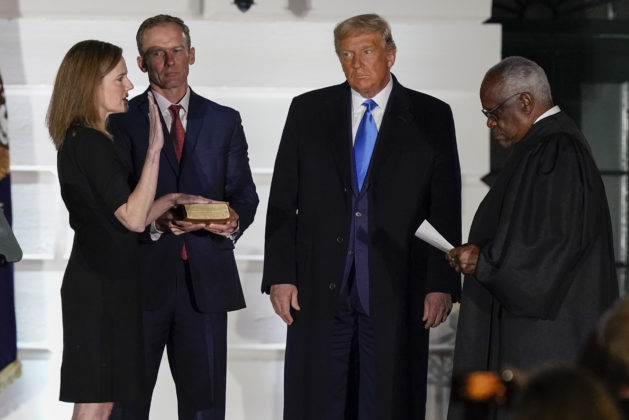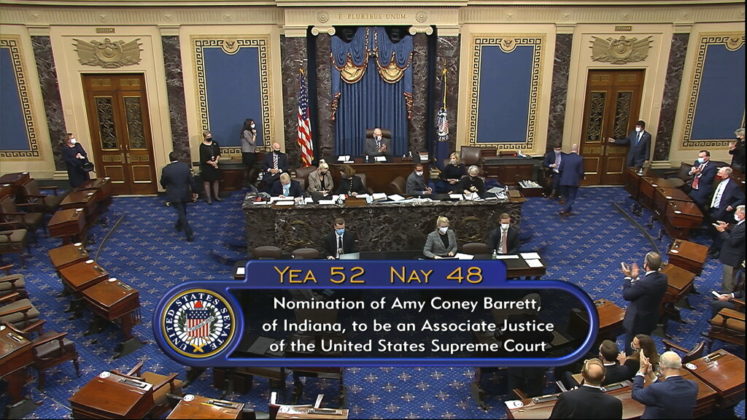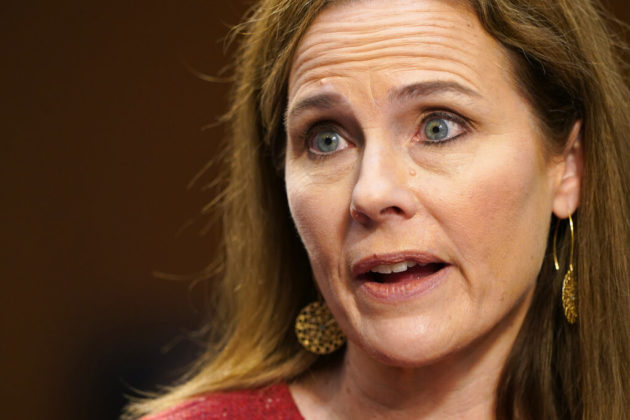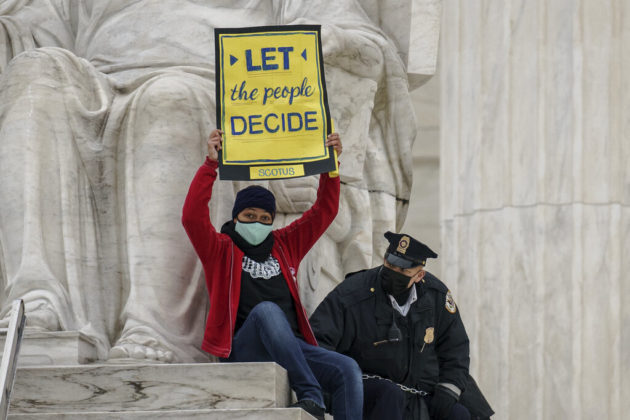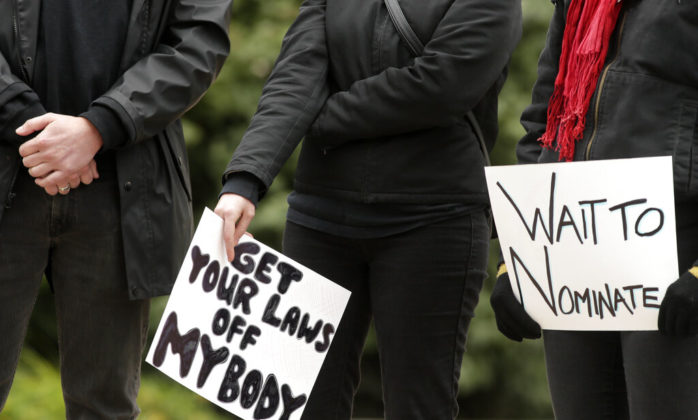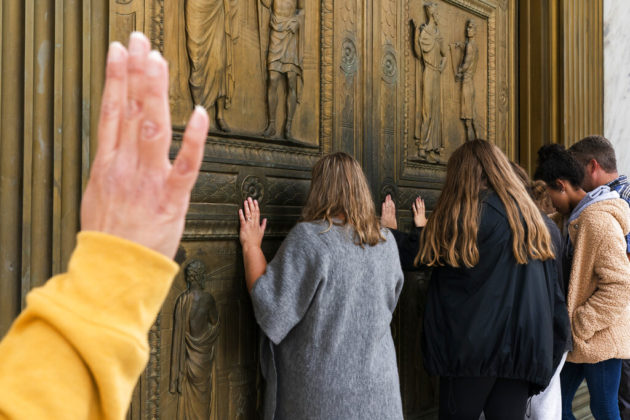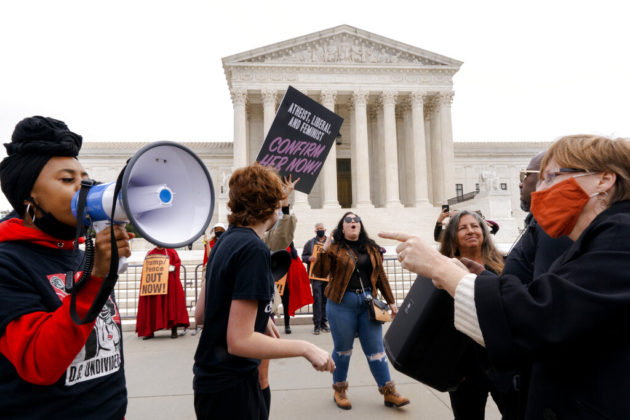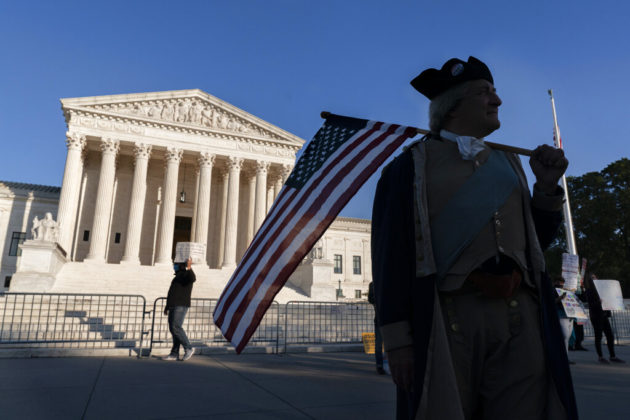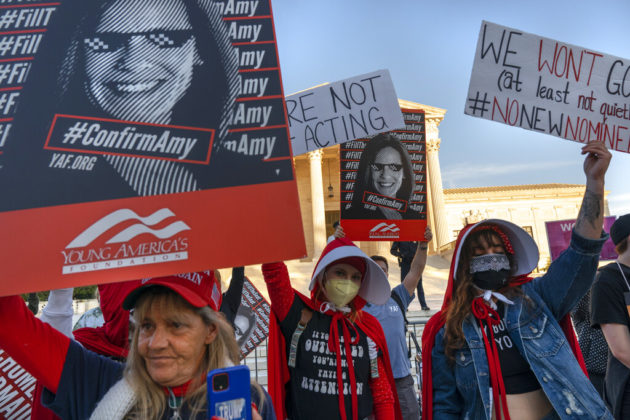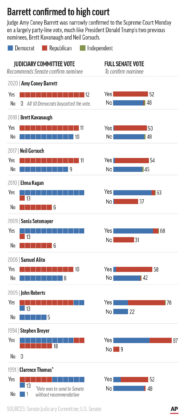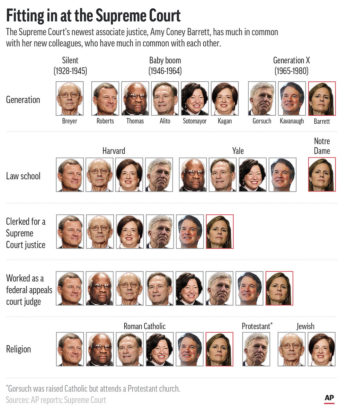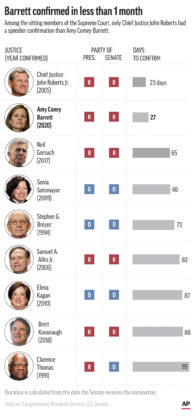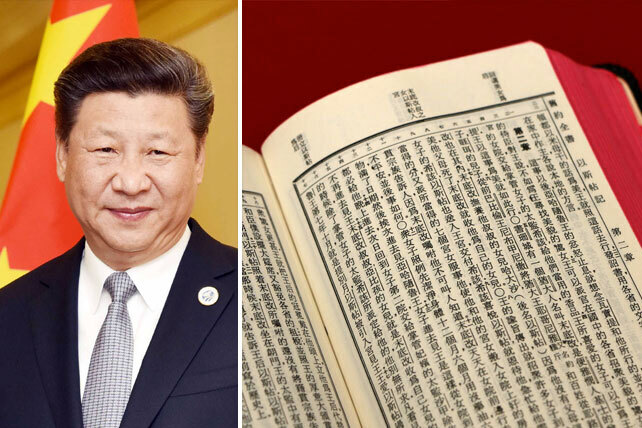When making a choice between two possibilities, it is wise to evaluate the risk and the reward, the upside and the downside of each possible direction. Thus, when you decide you can work hard to minimize the downsides of your decision because you made the decision with awareness of the potential pitfalls of the decision. To use social media or to not use social media. It is not a small choice as recent research is showing there are significant downsides to being on social media: less exposure to other viewpoints, more anger, your brain being trained to read in short bursts rather than deep reading, increased anxiety, and the list continues. We have to recognize that those are a lot of downsides. Yes, there are upsides: the ability to connect with others quickly, self-expression, learning, etc. But for those of us who use social media are wise to have plans to minimize the downsides. If we have decided that the reward is greater than the risk, let’s have plans to minimize the risks as we engage on social media.
When it comes to using social media, here is how I am minimizing the downside (and am open to more ways to minimize the downside).
1. Wait as long as possible before giving phones to our kids.
When are daughters were 9 and 7, some of their friends were getting phones, and they started to ask when they would get a phone. We sat them down and told them they would be frustrated with us more each year, but here was our decision. They were not getting phones until they turned 14. Among other things, we did not want them to learn to live for likes and favorites.
2. Ask my girls before I post any picture of them or of something we have done.
I want them to know that not every moment in our lives needs to be shared with the world. Often times I don’t ask if something can be posted because we don’t think of it or because I remind myself that not everything we do needs to be posted. I don’t want to start living and doing things so that we have something to post. Why do I post at all? I am proud of my family. And I do want to share our lives with the people I love and serve. I don’t want to only be the guy on a platform or the guy leading a meeting.
3. Actively read outside of the social ecosystem instead of passively reading within it.
Read articles from different perspectives outside of the social media ecosystem. You have likely already heard this. But you are being tracked on social media. There are algorithms that have learned what articles you respond to, which ones you share, and which ones make you happy or angry. If you only read what social media serves up to you, you are only crystalizing what you already think and are learning to be angry at others who don’t think the same way. If it is true for you, it is true for me too. So, I actively search for articles online from different yet thoughtful viewpoints as opposed to passively reading whatever is served to me.
4. Read more books.
In her book iGen, Jean Twenge shows research that reading of books and long-form articles is dropping significantly as people are merely consuming snippets on social media. My friend and former colleague Jennifer Lyell used to say something like, “we need weighty content that is developed and designed for more than consumption at a stop light.” It is so true. If we get all our reading via social media, we will develop shorter attention spans, become less disciplined, and become more foolish.
5. Where there is more anger, engage less.
I loved Twitter. It was for me. Words, pithy statements, links to weighty articles. For a long time, it was the only social media platform I used. Then it got angrier and pricklier, and I have spent less and less time there. I still engage but not nearly as frequently as I once did. Although I did accurately call the NBA Finals on Twitter 6 weeks and 3 rounds before the Finals began. Yes, I am bragging.
6. Don’t engage on all platforms.
It is too much to keep up with and would take too much time away from more important things in your life. Truly engaging on all platforms would be a full-time job. I don’t engage on Facebook. I engage less on Twitter. My assistant helps me with both email and Instagram messages from people at our church.
7. Don’t have your phone by your bed and don’t grab it first thing in the morning.
It is a bad habit. A book by the bed and my Bible in the morning is a far better investment of my time than grabbing my phone.
8. It is not an animal that needs to be fed.
Sometimes I have fun with Instagram stories. But then I may go several days before posting a new one. When I have time and it is fun, I will do it. But I am currently resisting the thinking that “it is an animal that I have to keep feeding.” I don’t have to feed it.
9. Constantly remind yourself (and your team) that Twitter is not the real world.
It is not. You can be led astray by the echo chamber, especially if you are a leader in ministry. But the conversations occurring on Twitter are rarely the conversations that are occurring in the lives of the people the Lord has called me to serve.
10. It is OK to mute (or even block) someone.
If someone constantly agitates you, steals time from you, or sends you articles that are clearly making a point contrary to how they perceive you to be (as if you are too dumb to know that viewpoint exists), it is not mean or hateful to mute them or block them. View muting as caring for your own soul so that you will be able to respond graciously and lovingly to them in the real world.
11. Imagine that anything I post is posted on the screens at the church I serve.
This is not only true for a pastor; this has become true for employees and leaders in all types of fields and industries. You never stop representing the company or ministry where you have aligned yourself. If I would not post something on the screens at church, I should not post on the screens of my own social media.
I am still in the camp that believes that the upside of social media (for me) is greater than the downside, but I know I must actively manage against the downside in my own life and leadership.
This article originally appeared here, and is used by permission.




